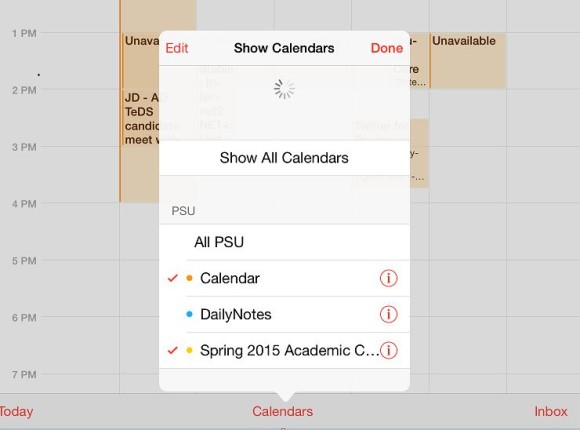March 23,5:30-6:30 p.m.: Spring Clean Financial Clutter, a workshop presented by Dr. Daad Rizk. Mann Assembly Room, 103 Paterno Library. (This event was rescheduled from March 4.) For more information and to register, go to http://www.libraries.psu.edu/psul/researchguides/business/financialliteracy.html#moneycounts
March 26, 4:30 p.m.: The 2015 Charles W. Mann Jr. Lecture in the Book Arts, “Why Flashlights? Because Batman! A Bookseller’s Adventures in the Archive” by Lorne Bair, proprietor of Lorne Bair Rare Books, with a special introduction by graphic designer and author, Chip Kidd, Foster Aud.
March 26, 5:30 p.m.: “Telling the Story of a Few Good Women,” a talk by Lee Stout, Downsbrough Community Room, Schlow Centre Region Library, 21 S. Allen Street. Light supper followed by presentation. RSVP by March 23 to Christine Bishop, cbishop@ccysb.com.
March 26, 7:30 p.m.: The fifteenth annual “An Evening of Pennsylvania Poets: Readings in Celebration of the Public Poetry Project,” Foster Auditorium, 102 Paterno Library, followed by a book sale and poster signing.
April 6, from 1– 3pm: “Digital Aesthetics, Art, Life and Museums,” a conversation with Metropolitan Museum of Art digital asset specialist Neal Stimler and some of Penn State’s most progressive thinkers in this field, Foster Auditorium, first floor, Paterno Library. Registration is required. To register, go to http://wp.me/P3b4X9-1C2.
April 10: Anna Fariello, Western Carolina University, to present “Curating Community.” More details to come
April 16: Norman Granz: The Man Who Used Jazz for Justice, presented by Tad Hershorn, Institute of Jazz Studies, Dana Library, Rutgers University, Newark. Details next week
April 20: “Inch by Inch…Building Institutional Capacity for DH Through Inter-and Trans-disciplinary Collaboration, presented by Orla Murphy, University College Cork, Ireland.
April 22: “What is financial literacy?,” a workshop. Details to come
April 23: “Mapping Matters: Space and Place in the Humanities,” a one-day symposium on the intersection of mapping, digital humanities, and pedagogy, Pattee and Paterno Libraries. See details in this week’s blog post.
** Also see “Training and Enrichment Opportunities” for additional staff events.



